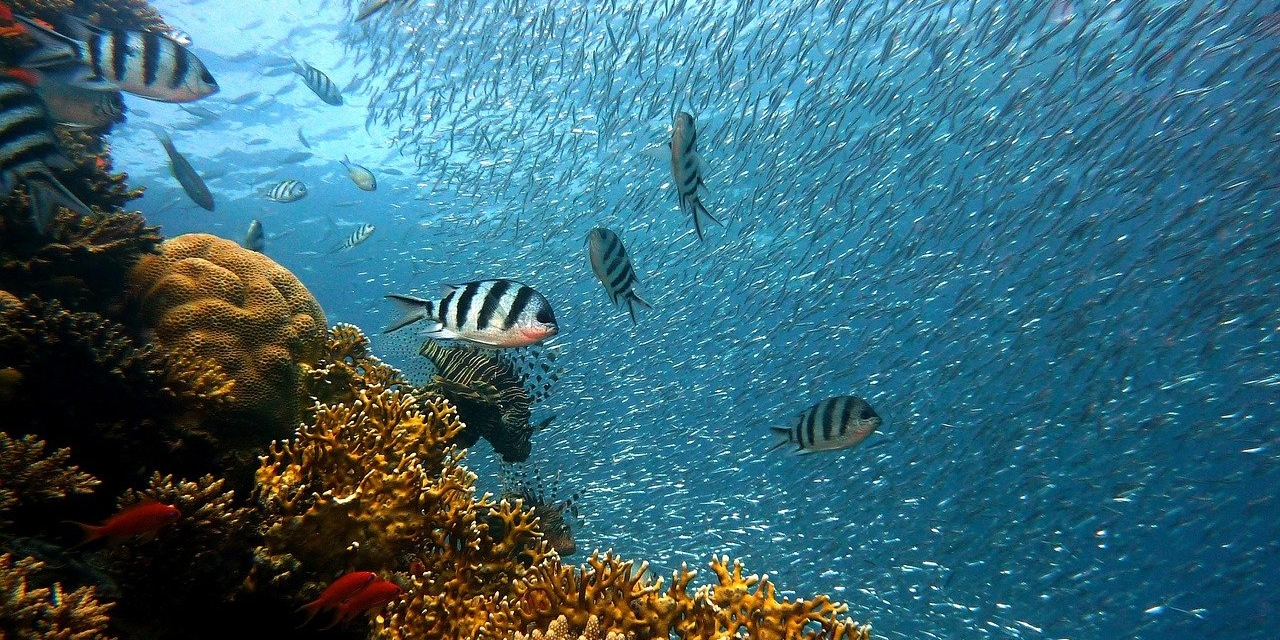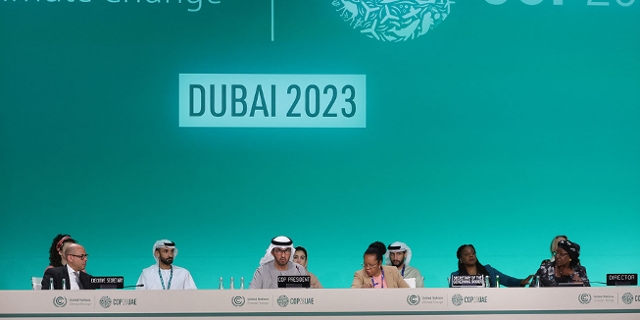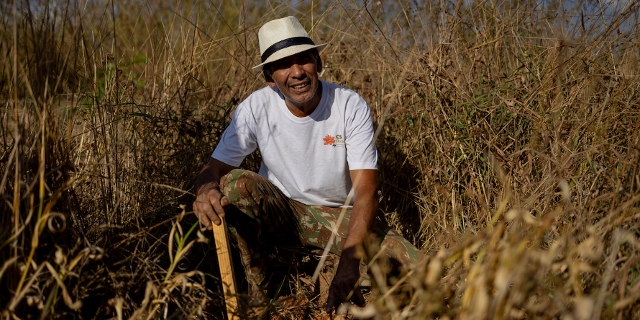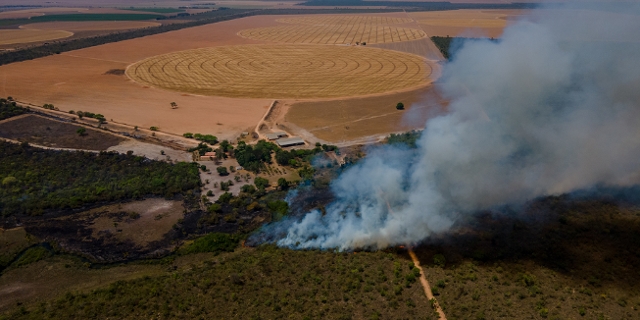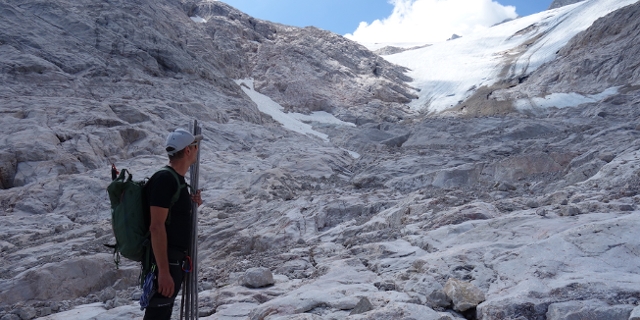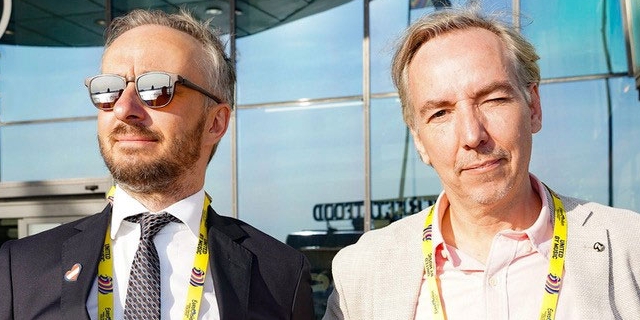We’re Turning Our Oceans Into Soda Pop
“Global warming is really ocean warming”, says John Abraham, a professor of thermal sciences at the University of St Thomas in Minnesota. More than 90% of the excess heat caused by our carbon polluting ends up in the oceans. That has profound implications for marine life, but also for us.
John has been part of a team of 23 scientists who have been measuring the amount of heat absorbed into the oceans. Their research, published in the journal Advances in Atmospheric Sciences, showed that last year the oceans absorbed the heat equivalent to seven Hiroshima atomic bombs detonating each second, 24 hours a day, 365 days a year. That was a record.
This heating is astonishing in scale. Yet since many things we learn about the oceans astonish us; so we need to put it all into context.
Unmistakable and Persistent Rise In Temperature
John Abraham has been looking at data about heat absorption that goes right back to the 1950s. He has noted an “unmistakable” and “persistent” rise over the past three to four decades, which he called “evidence of an Earth that is out of balance.”
This is obviously having an impact on marine life. “A number of ocean animals are evolved to live in a very tight temperature range, maybe a degree or two variation,” explains John. “This excess heat pushes those temperatures outside of their range, and causes a lot of problems.”
Bleached Corals
A glaring example is damage to coral reefs. There’s been a dramatic increase in coral bleaching events, which is a form of heat stress.
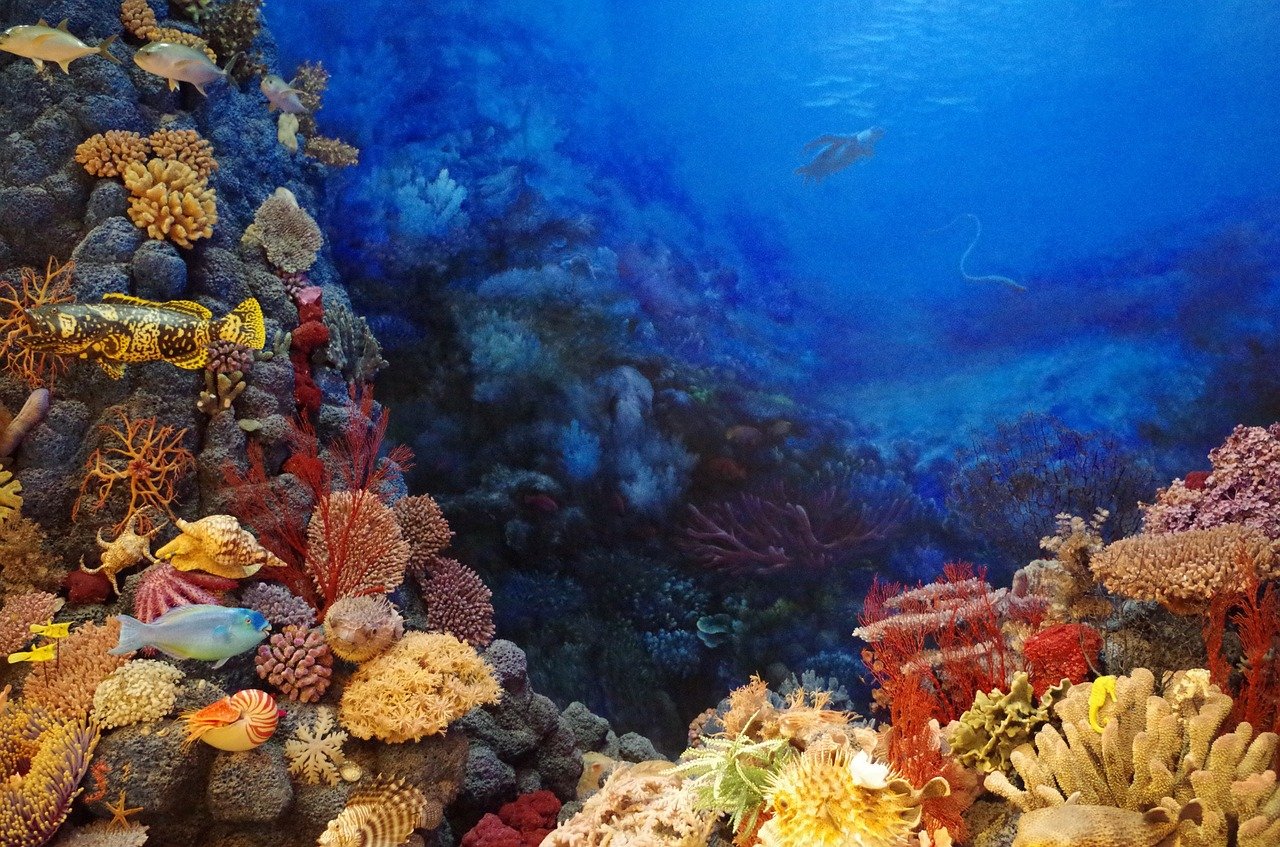
Wanzi989813/Pixabay
Ocean Acidification
Another problem is ocean acidification. As we put carbon dioxide into the atmosphere, that excess gas gets absorbed into the oceans. “Think about a soda,” says John Abraham.
“A soda is actually a carbonated beverage, and we make sodas by introducing carbon dioxide into water. We’re doing the same thing in the oceans. We’re turning our oceans into soda pop. And that changes the chemistry of the ocean, and it makes it harder for animals to form and keep their shells.”
We Are Destroying The Earth’s Life Support System
When we talk about “ecosystems” and “biodiversity” we often dangerously suggest it is something external, but we are part of biodiversity. We are living in a global ecosystem.
When we destroy biodiversity, we are, in a very real sense, destroying ourselves. We are damaging the complex systems that sustain all life on earth, including human life.
To give you a simple example; corals are the oceans’ principle nurseries for the fish which nourish humans with protein. Our disregard for these ecosystems, as we pump more carbon into the atmosphere, will come back to kill us.
Extreme Weather
Indeed it is killing us right now. The biggest impact of the climate crisis that we’re seeing on land is an increase in intense weather events. The oceans cover 70 percent of the planet, and when ocean water is warmed it evaporates into the atmosphere. That’s how we get humidity. It’s that humidity and heat that drives storms.
“As we heat up the oceans,” explains John Abraham, “more water evaporates, more energy goes into the atmosphere and storms become more severe. So, we are seeing a number of areas of the world where the cyclones or hurricanes are becoming stronger because of climate change.”
That’s the sort of damage we covered in last week’s Klimanews Weekly, where we discussed the millions of Bangladeshis made homeless by storm surges and cyclone damage. Cyclones have always been an issue in southern Asia but the level of destruction is increasing. “They’re getting bigger and stronger,” says John. “The wind speed is bigger. The rainfall that is occurring is larger.”
He says there is only one way to slow the destruction and that is immediate and drastic cuts in carbon emissions. That doesn’t mean slowing gas phase-outs and subsidizing fuel for your SUVs; it means a change of path now. Before it is too late.
Publiziert am 19.03.2022







